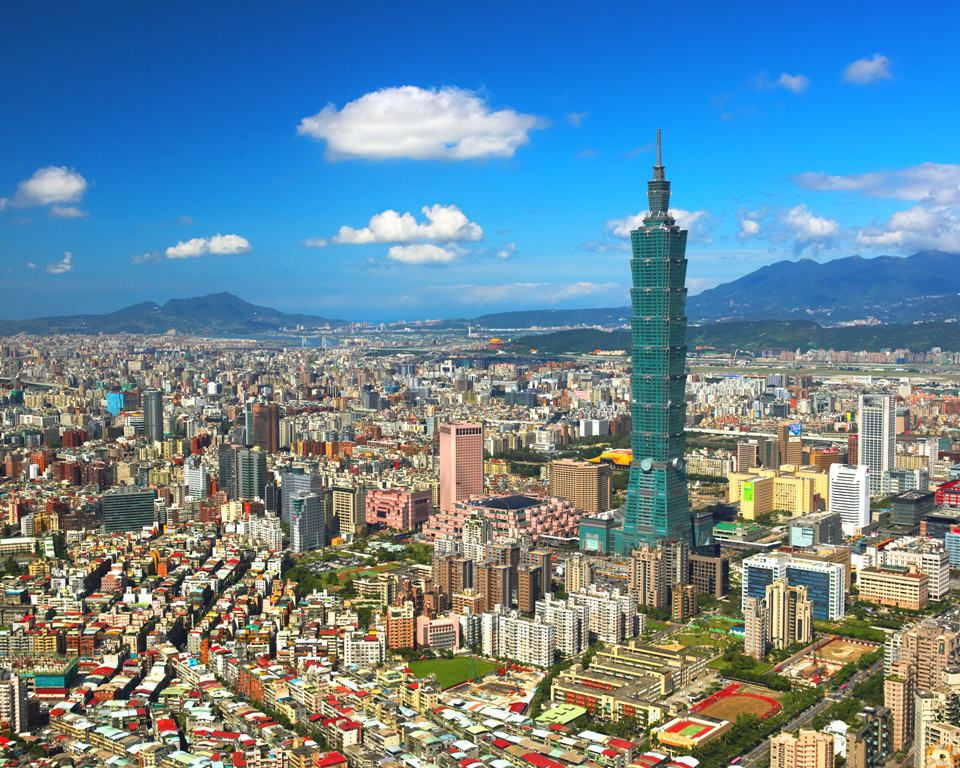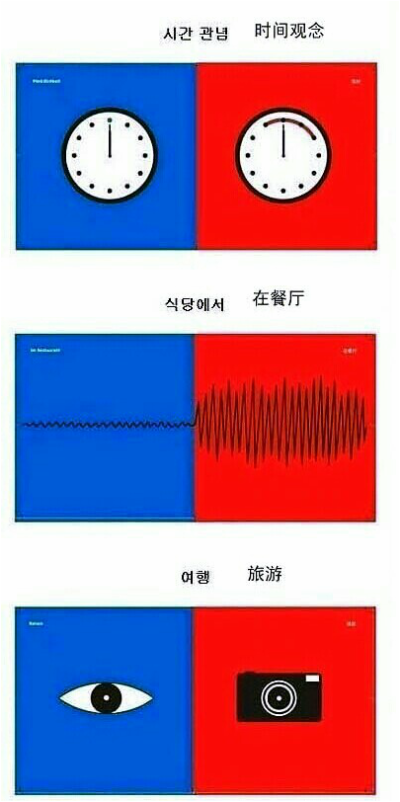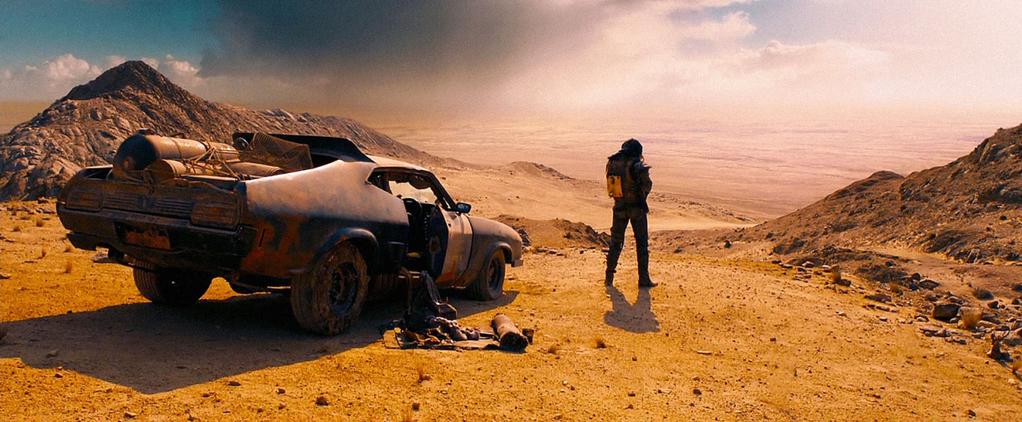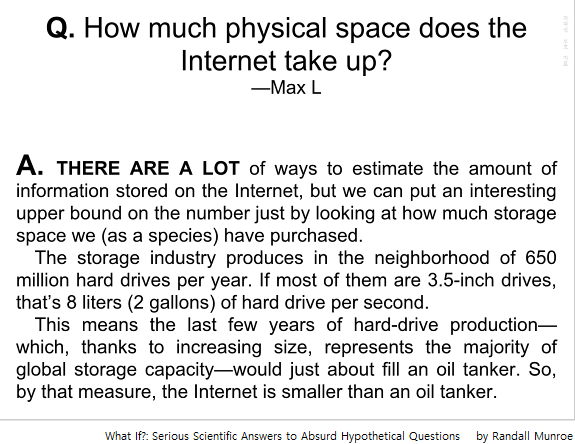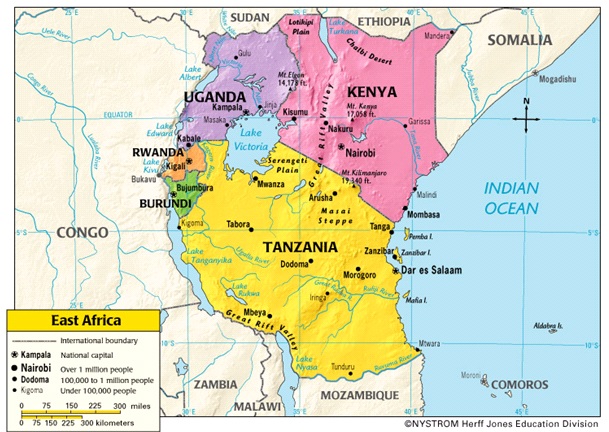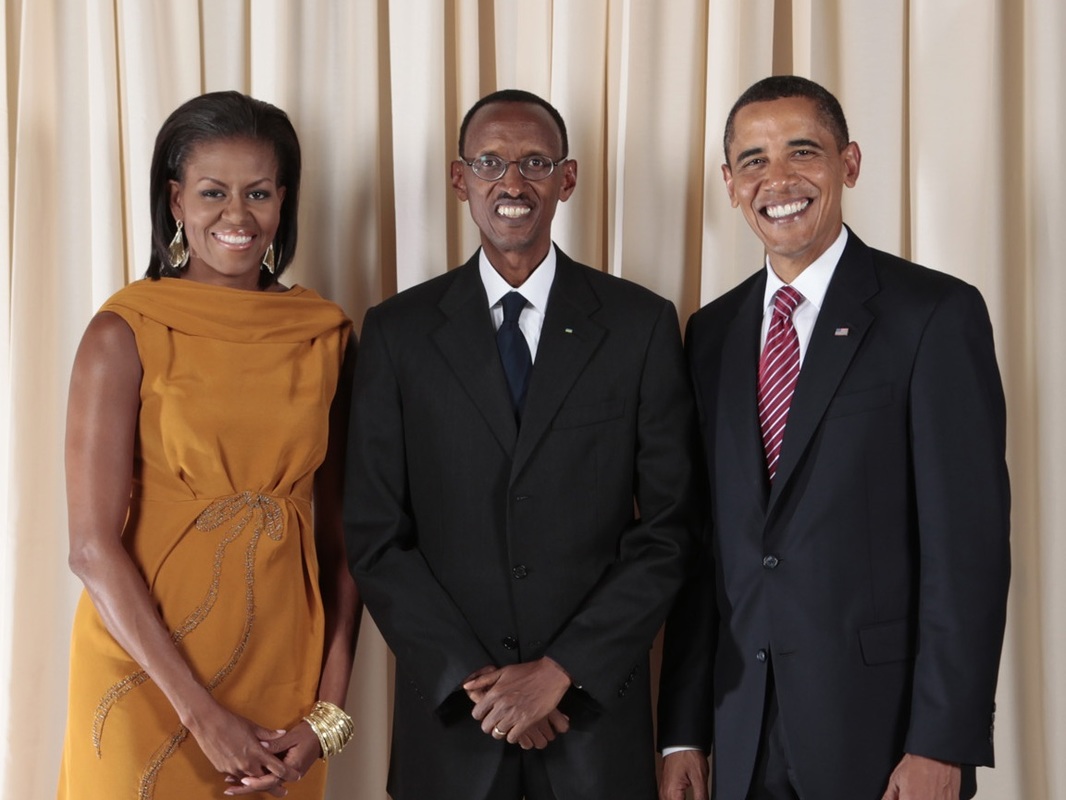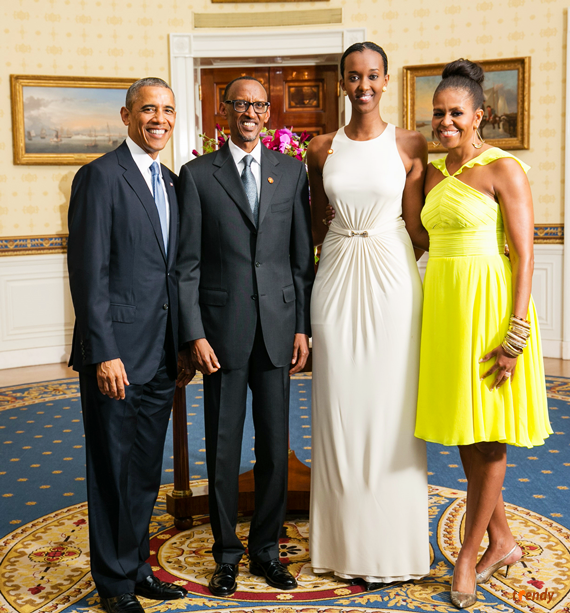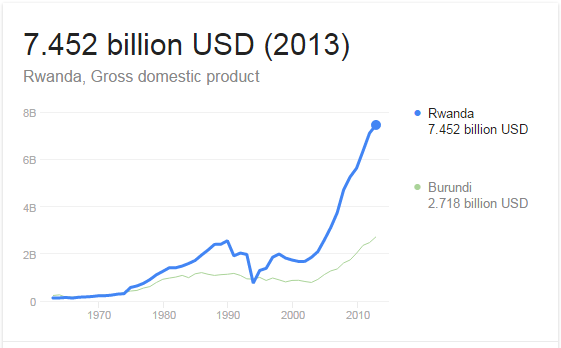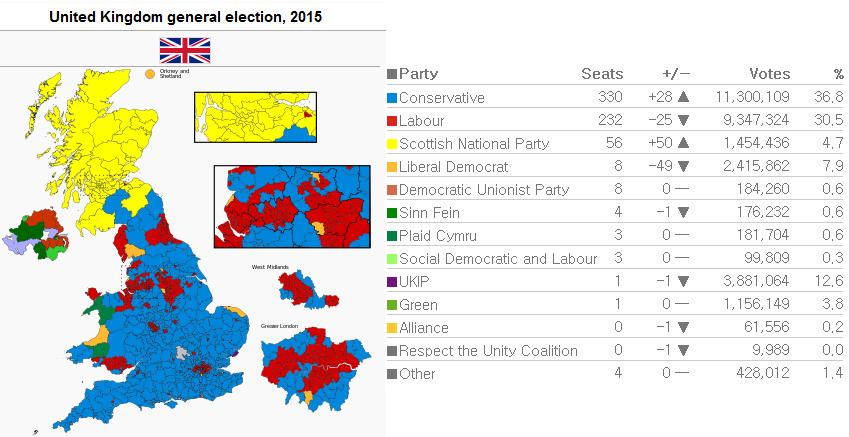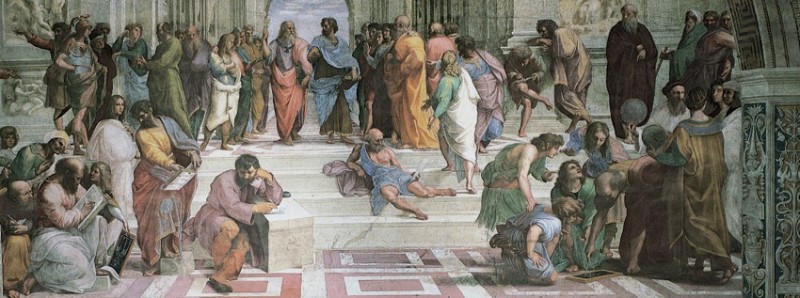A picture of the Taipei skyline (featuring “Taipei 101”, the world’s tallest building from 2004-2010):
Month: May 2015
bookmark_borderPost-312: West vs. East, as Seen by the East
One benefit of studying Korean more-or-less full time over the past year has been the clarifying and/or opening up of such a new perspective to me, beyond what I understood about Korea, and East Asia generally, before.
(see, e.g., post #261 “But Which Twin is the Elder?”).Here is a possible example of this. A Chinese native speaker in my Korean class sent me a set of paired images delineating differences between West and East and asked for comment. Simple pictures, simple headings, but not all have clear meanings.
I think it’s well done and thought provoking. The important thing is that this was produced by East Asians in East Asia, probably Chinese. It was found on a Chinese website.Blue is Westerners. Red is Easterners:
나(자신), Myself: Westerners have higher self esteem (maybe excessive). Asians tend to be internally nervous and self-conscious.
문제 대처방식, Coping with Problems: Like one of those ink blot tests, many things are possible to see here, too. Asians avoid problems rather than dealing with them as they should? Or is it that Asians smartly go around problems while we foolhardedly and obliviously plow on into them?
식당에서, At the Restaurant: Asians are louder at restaurants. Or, Asians have more fun at restaurants?
여해, Trip: Even before the rise of the digital- and now the smartphone-camera, this was the stereotype about Asians.
Anger:
Western direct expression of emotions vs. Eastern “Saving Face”. Westerners would view a fellow Westerner who acts like the Red character (hiding actual emotions and pretending to feel the opposite way) with suspicion and even contempt.Weekend: Yes. This really hits home. I have known many Westerners in Korea and Asia who don’t like going places among throngs of people all the time. Many complain and cannot handle it. We evolved in lower density environments. I am totally on the Blue side here. This was one of the hardest things to get used to for me in Korea.
Eating: I don’t understand. Does it mean Breakfast-Lunch-Dinner? Does it mean three “courses” within a meal? Does it just mean general eating habits (Westerners eat twice as much cold food as hot)?
Boss: Right. Maybe not quite right. The Blue character should be slightly bigger.
bookmark_borderPost-311: “Drink tap water? ‘No way,’ say Koreans”
Me (freshly arrived in Korea for the first time): “Can I drink the tap water?”
He (American, several years in Korea): [Calmly] “Never drink the tap water.”
That was that. I didn’t question it. Why would I? He was the expert; I was a complete outsider.
Many Westerners who end up in Korea don’t get the message. I’ve known a few who openly say they drink tap water. Never have I heard a Korean say this. I most recently met a tall young man from Georgia (born 1993), recently arrived in Korea, who triumphantly announced that he drinks the tap water. My first instinct at his proclamation was that he needs to get with the program and do as the local people do. Then again, maybe the local people are all wrong and he should do what’s right after all. (The Herald itself says that the people are wrong and the Korean tap water is fine.)
What does it say about Koreans that they drink their own tap water at such low rates compared to the rest of the rich world, the USA and other Western countries (e.g., Germany: 90% drink tap water according to the Internet consensus)? The easiest answer is that Korea was poor just a short time ago and so blah blah blah. This is a stock answer to a lot of “questions about Korea”. More interesting lines of speculation are possible. Here is one: The desire for elaborate filtration systems or bottled water comes from the same place as the custom to always take off shoes at the door at all times. I think you may see where I’m going with that. Another possible speculation: For all Korea’s wealth today and its impressive “soft power” in Asia, Koreans don’t necessarily trust their own institutions (water as a social microcosm).
bookmark_borderPost-310: Demonize the Police, and Then…
Who can blame him?
These are the fruits of the recent politically-motivated, irresponsible, racialized demonization of the USA’s police. I want no part of this movement (“Stop Racist Police Terror”), no matter how fashionable it may be.
Number of arrests in Baltimore plunge as violence rises
27 May 2015 / BBC
The number of arrests made by Baltimore police in May has plummeted as shootings and homicides have dramatically increased. […]
[L]ocal media have reported that May has turned out to be the deadliest month in the city since 1999.
The police department has not explained the decline in arrests. It has been under scrutiny since the death of Freddie Gray in April set off weeks of protests and unrest.
Two homicides on Monday brought the total number of killings for the month to 35, and 108 for the year, according to the Baltimore Sun newspaper.
Arrest data made public by the city government and reviewed by the BBC showed that Baltimore police made 791 arrests from 1 May to 16 May – the most recent data available. This marks a decline of over 55% from the same periods in 2013 and 2014.
bookmark_borderPost-309: “Mad Max, Fury Road” Movie
Mad Max himself is a drifter, who, as the movie opens, is caught and enslaved by one of the warlord cultures. This culture’s power flows from the fact that in a world that seems totally parched and desert-like, it controls access to a particular underground major water source and can turn the spigot on or off at will. This power makes the regular people think of the masked supreme leader as a god, and the ruling political clique as divinely mandated. The culture has an entire army of young warrior fanatics whose highest desire is to die in combat for the god figure and enter “Valhalla”.
Mad Max comes to escape slavery and gets mixed up with a renegade smuggling operation in which a particular woman tries to smuggle out a half dozen young women, slave concubines of the masked water-controlling demigod. One is pregnant during the escape.
The movie consists mostly of this journey, the things they go through along the way, and the dramatic chase led by personally by the masked supreme leader to recover his property (as he calls them). The movie’s limited scope is appealing (it is not something like “How our heroes save the world”). There seem to be backstories to each character and culture we see; we catch glimpses of things enough to get a vague feel for an entire world. Overall, the world we see is allusive to historical cultures and what we can surmise about prehistoric cultures.The movie takes place in the future, though. A return to barbarism. Speaking of which, I see echoes of ISIS in Mad Max. In other words, Mad Max is a powerful vision of reality (and only a few steps removed from ISIS in Iraq and Syria, if the stories are to be believed). It is a reality stripped of all pretenses. It is a world in which scarcity bites a lot harder than it does now (scarcity still very much exists in the present day, a fact we can easily forget). The world we see in Mad Max is enormously affected by scarcity of resources following the catastrophe (which is never discussed in the movie, is probably in the distant past in the movie’s universe and long out of the collective memory). I don’t think we are even shocked by the barbarity of the main culture we see, because life is so hard. In such a world, we accept that this is just the way it is. Brutal.
bookmark_borderPost-308: Could We Destroy the Internet?
As it exists today, “the Internet” seems like a kind of magic (e.g., people now talk about storage of data “in the Cloud”), but the Internet really is and remains just a network of physical boxes (servers) and physical wires.
Say a number of Luddite commando teams are raised. Armed with plain old-fashioned hammers, they are dispatched to smash up the world’s limited number of servers and dynamite major fiber-optic cable chokepoints. Couldn’t doing so “destroy” the Internet?
The answer: The physical Internet in the mid-2010s may still be smaller than a single oil tanker (maybe two, by now. The original answer was written in 2012). An oil tanker is a just few football fields in length, and a whole lot of the world’s servers are together at few central locations, or so is my understanding. This wouldn’t require so much smashing, after all.
bookmark_borderPost-307: Four Scenes from the Seoul Subway
Scene I. Backwards Cap Boy
Legs dangling off the seat, baseball cap in hand, a preschool-age boy is seated
A woman sits next to me, perhaps in her late 20s. As with almost everyone else who is seated, she is staring at the screen of her “phone” (an anachronistic term; it is actually an all-purpose digital cocoon). I don’t spy on what other people are doing inside their digital cocoons, but this time I happened to see as I was looking past her to try to see the station name. Her screen, I see, says this, exactly: “Which of these are oranges?” There are four pictures of fruits, one of which is oranges. She successfully selects the oranges, and I look away. I think this is the Rosetta Stone program. I am impressed that a Korean is using this. Most of those we can see studying on the train do dense and sometimes highly-esoteric grammar exercises.
Scene III. Abusing a Traveling Salesman.
As the doors close, a “pitch” begins. The man is in his 60s. He is trying to get people to buy a product he has in the cart he’s pulling. He starts explaining the benefits and how great a price he is offering. (The products these guys sell are generally fairly good). No one is budging. Everyone is ignoring him, as usual. His voice is weaker than many of these train salesmen’s voices. I feel a bit sorry for him. One dour bald fellow walks by, makes a kind of annoyed grunt, and says something that we might translate as “Goddamn it. These jerks keep bothering us on the train…” The annoyed bald man exits to another car (all the cars are connected). As even I heard it, the salesman will have heard this comment. He ignored it. No buyers in this car, the salesman collects his pride again and proceeds to the next car.
Scene IV. To Hold On, or Not to Hold On.
Morning. Aboard an express train into Seoul from Incheon. Standing room only. A shorter middle-aged man in a suit is standing directly under a dangling loop-shaped handle. He is not holding it. If the train comes to a sudden halt, he’d go flying, but the train rides are so smooth that most standing people do not hold on. The man is ensconced in his own digital cocoon (“phone”). I am standing in an awkward position and try ti hold the handle above his head, but sometimes let go. When not holding it, it hits him in the head. He turns to me, annoyed, and makes some comment I don’t understand clearly. This is very unusual as Koreans almost always ignore each other in public. Does he think it’s my fault? It’s the train motion’s fault! I hold it tightly, out of head’s way, for the rest of the trip…
bookmark_borderPost-306: Coup in Burundi and the Nilotic vs. Bantu Conflict
Burundi coup bid: Groups seek Bujumbura control
Rival groups of soldiers in Burundi are vying for control of the capital Bujumbura amid confusion over the success of an attempted coup.
There is heavy fighting at the state TV building, where radio broadcasts have now gone off air.
One source said soldiers loyal to President Pierre Nkurunziza controlled key areas, including the airport. Coup leaders insist they remain in charge.
Few of us care at all what happens in some place called Burundi, which might as well be on the moon. But if it is another skirmish in Eastern Africa’s Nilotic vs. Bantu conflict that has been so important in East Africa for so many years, it’s worth some attention, maybe.
Surprisingly to myself, given my total lack of connection to the region, I developed an interest in East African affairs in one sense. When I was in university I became fascinated by the little-understood ethnocultural fault line there, and studied it a little bit. It seems to determine so much of the politics of the region and is a kind of long-running “clash of civilizations,” we might call it, between Nilotics and Bantus. All the countries in the region are affected. Burundi is just a flashpoint.
Nilotics
are tall, with long limbs and very dark skin. If “adjusting for nutrition” they are probably the world’s tallest, I’ve read. Physically, they look like ideal marathon runners, and they are. Manute Bol was a Nilotic from Sudan brought to the USA to play center in the NBA (7’7″ but his playing weight was only 200 pounds!). Obama’s father was from a Nilotic tribe in Kenya (that ancestry would explain why Obama appears as little more than a lanky stick figure when drawn in caricature). Nilotics were thought to originate in the upper Nile River area, hence their name. (The Tutsis of Rwanda and Burundi are Nilotics. Their Bantu rivals are the Hutus.)Here is a picture of Rwandan president Paul Kagame (Nilotic) with Michelle (West African ancestry, close to the Bantus) and Barack Obama (half-Nilotic, half Northern European by ancestry). The ethnic difference is obvious between Kagame and Michelle.
According to the CIA Factbook, Burundi is 85% Bantu (Hutu) and 14% Nilotic (Tutsi). Burundi was long dominated by the Tutsis, but after the civil war of the 1990s and 2000s the Bantus (Hutus) took over partial political control.
I don’t really know upon what dynamics this centuries-running conflict really turns. The Nilotic Tutsis are in a superior position in most ways; Wealthier, more educated, more Westernized, and better able to govern a state. I am amazed at the difference in economic growth since the end of the civil wars in the early 2000s. Rwanda, Tutsi-controlled, has taken off. Burundi, with substantial Hutu control now, has limped along. Rwanda’s economy is now perhaps three times as big, despite starting from parity in the mid 1970s and despite the shock of Rwanda’s much bigger civil war losses.
I recall once reading an excerpt from Obama’s autobiography in which he relates some of his (Nilotic) relatives in Kenya talking about this tribe and that tribe and their different characteristics — some good, some bad. Obama, at the time a “[Black] Community Organizer” in Chicago, seems to have been puzzled that all Blacks in Africa were not defiantly united on the basis of race with a collective clenched fist raised in the air directed towards Europe and the USA (or something). Obama passes over his relatives’ strong ethnic remarks with mild mockery.
___________________
T
he BBC writes that “so far […] these historic ethnic tensions do not appear to have been a factor in the coup attempt.” The army is a very Tutsi (Nilotic) institution in Burundi, it seems, and still today by law it is 50% Tutsi and 50% Hutu (Bantu) (Despite a 85% Bantu majority). The president is a former Hutu rebel militia leader. The man being reported as the coup leader is Major General Godefroid Niyombare, also a Hutu.bookmark_borderPost-305: Annoyed by “Avengers II” (Leading to an Inquiry on the Nature of Quality and Group Thought)
These are some thoughts I had while watching “Avengers II: Age of Ultron”. I didn’t like it. I saw it in the movie theater after coming upon a free ticket via a friend.
Free or not, I wish I hadn’t watched it. I could’ve used those two hours better. I realize this is a harsh judgement.
I’d heard others speak highly of the movie, and it seems it got many more good reviews than bad ones. How is this possible? The movie really was lousy on its own merits.This raises questions about the nature of Quality. If the majority say that X is of high quality, is it? If we all expect X to be of high quality, is it? (Self-fulfilling prophecy.) Is there an “Objective Quality”? Alternatively, is Quality purely subjective? This is the kind of question that obsessed the central character in “Zen and the Art of Motorcycle Maintenance,” a book I read in 2012 upon recommendation from my friend Jared. Maybe we can even call it a core philosophical question of the past few thousand years.
Not to get too abstract. I think what may explain this phenomenon of mostly positive attitudes towards this (what I cautiously call an “objectively bad”) movie is that it has a core loyal base of noisy partisans. I mean comic book fans (of which I am not one). They will be tireless partisans on behalf of “The Avengers,” which is a kind of comic book Dream Team. Saying the movie was “really lousy on its own merits,” as I did above, would be a kind of blasphemy to them. A tightly disciplined core group of partisans can shift a narrative in their favor, given a disorganized “opposition”. I think this is applicable to almost any social dynamic in life. As Andrew Jackson said, “One man, with courage, makes a majority”.
But the movie really was bad. I’ll be the “one man, with courage” to say it.
Here is what one American reviewer wrote on movie website IMDb.com, which I agree with in full:
No one was more disappointed than me
It hurts to rate this so poorly, but it certainly deserves the low marks. There were so many things that ruined this movie for me.1) The Storytelling – Or lack thereof. There was not a compelling story to be told here. Ultron wants to blow up the world, the Avengers try to stop him. That’s all the audience ever really knows about this story and it felt flat and unfulfilling.
2) Plot? – The movie opens with our heroes in the middle of a battle for reasons that are largely unimportant. That pretty much sums up this whole film
3) The Love Interest – Totally underdeveloped. We’re basically told by the script writer that these two people are in love, but never are we SHOWN that they’re falling in love. It rang completely hollow.
4) The Humor – There were WAY too many jokes in this movie, and that wouldn’t have been all that bad if so many of them weren’t eye rollers. Many of them left me groaning.
5) Ultron – This guy appears out of nowhere and is woefully underdeveloped. Plus, he’s supposed to be some kind of AI but he’s constantly cracking off stupid one-liners and making facial expressions that I thought were inconsistent with what and who he was supposed to be.
6) Character Overload – There were WAY too many characters to do any of them any justice. I would have liked the film to focus on a smaller group of characters and their relationships with one another, instead, we got a who’s who of the entire Marvel universe leaving a lot to be desired.
I could go on, but my heart is still aching and I don’t want to talk about it anymore. I see that a lot of people liked it and I’m happy that they did. I only wish it hadn’t been such a colossal disappointment for me.
bookmark_borderPost-304: The UK Election 2015 Decided by “Local Nationalism”
Every pre-election predicted a “hung parliament” (no party having a majority), with Labour probably able to govern in coalition. One poll even put the odds of a hung parliament at “100%”. All wrong. The Conservative Party won an outright majority of seats.
The other big story is the “sweep” of Scotland by the left-wing Scottish National Party, which calls for Scottish independence. This is the first election in which they have done so well. The result must be a carry-over of political energy from the failed independence referendum of 2014
(see posts #228, #229, and #233). Anyway, the polls got the Scottish result right. It was predicted they’d win nearly every seat in Scotland and they did.Given the opinion polls all predicting a close outcome, there was much talk in England, it seems, of the “anti-British, far-left” Scottish National Party becoming junior partners with the Labour Party in a new coalition.
This would inevitably lead to a “Scottish Tail Wagging the Labour Dog” situation in parliament. And what a strong tail it would be. The SNP is aggressive and goal-oriented, while the Labour Party seems to me to be limping along on political inertia from decades ago, generations ago. It seems to lack a clear vision or purpose. Britain is no longer some kind of old-style Oliver Twist industrial economy. What is the purpose of labo(u)r politics? Today’s Labour Party seems to be all about maximizing welfare handouts. This calls to mind the classic criticism of democracy made since ancient times. A party much more disciplined, focused, and relevant in today’s world, the SNP, would exert a huge influence on a Labour government. (I say all this as an outsider who has never even been to the UK, of course.)A Labour-SNP coalition ruling Britain would be a humiliation for England, akin to a kind of foreign occupation. Millions of English voters shifted their votes to the Conservatives, given this prospect. A full 600,000 more votes were cast for the Conservatives in 2015 than in 2010, but this is magnified much more when taking into account that the Conservatives lost a lot of their own right wing (probably over three million) to the UKIP party (often called a UK version of the USA’s “Tea Party,” which calls for the UK’s immediate exit from the EU). This means millions of English votes shifted to the Conservatives from other parties.
The two decisive turns in the election (the rise of the SNP and the rise to majority status of the Conservatives) are both, probably attributable to local nationalism.
The rise of UKIP, which got an amazing four million votes of 31 million cast when almost none of its candidates individually stood a chance (“throwing your vote away”) is also clearly attributable to a kind of rising nationalism.Following the election, a British journalist specializing in the Middle East, Patrick Cockburn, wrote an article about this, “Modern States are Fragile in the Face of Local Nationalism” (Originally published in The Independent):
Knowing [Middle Eastern] countries has given me a strong sense of the fragility of nation states when confronted by strongly rooted local nationalisms. The glue holding together nations is always a mixture of myth and self-interest which tends to become ossified and discredited over time. [….]
The triumph of the Scottish Nationalist Party on Thursday and the annihilation of all other parties in Scotland has led to lamentations on left and right over the likely passing of Great Britain as a unitary state. There are panicky whiffs in the air as people who had scarcely noticed there was such a thing as the union between England and Scotland come to realise that it may soon be dissolved and wonder what the future will hold. It is ironic to recall that a decade ago British officials talked glibly about “nation building” in Afghanistan and Iraq, without a thought about the staying power of their own nation. [….]What is striking about the coming dissolution, be it partial or total, of the British state is the lack of resistance to this from its political establishment. It is but one more element in the decline of British power in the world over the past decade. [Continues]
I can say that I think I do understand the principles at work behind what Cockburn calls “the coming dissolution, be it partial or total, of the British state”. All the same ingredients exist in today’s USA!
bookmark_borderPost-303: Stop Being So Polite!
This reminds me of something in New York City. In visits there I saw lots of signs that said things like this: “Accumulation of Refuse on the Premises is Prohibited”. Why not just say “No Trash”!?
In this case, this over-formal language is just not a good idea because many people will frankly not understand it.bookmark_borderPost-302: Do Facts Matter? (The Baltimore Case)
Here are the important facts that have been largely ignored
in the narrative that has been created and consumed by millions across the world. (“A happy-go-lucky young Black man is arrested for no reason, beaten by police for no reason, had his spine broken by the police, as all his desperate pleas for help went ignored.”)(1) F.G. was an active drug dealer from his teens through age 25 (at death). This we know from his arrest record, with repeated arrests for drug possession and distribution.
(2) His arrest record is lengthy. The Washington Post reports he had “at least 12” arrests; other sources say 18 arrests. They include: drug possession, drug distribution, assault, burglary, trespassing, destruction of property.
(3) He spent a good portion of his nearly nine year adult life in jail and prison for his various crimes.
(4) He was arrested five times in 2015 (=five arrests in just over 100 days).
(5) He attempted to run away from police just before the final arrest, was caught, restrained, and became very angry, shouting abuse at the arresting police.
(6) Still angry, his behavior inside the police van was bizarre: “A prisoner sharing a police transport van with Freddie Gray told investigators that he could hear Gray ‘banging against the walls’ of the vehicle and believed that he ‘was intentionally trying to injure himself.” [Wash Post]
(7) The police stopped the vehicle and took measures to restrain him further to prevent the apparent self-harm.
(8) When it was clear he’d fallen into serious medical trouble, the police promptly brought him to a hospital, where he died a week later. (From the way some of the irresponsible and riot-inciting elements of the media report it, you’d think the police had executed Saint Freddie and dumped his body in a ditch outside of town, perhaps following a Ku Klux Klan ceremony — No, rather, they rushed him to a hospital.)
(9) Freddie Gray filed multiple frivolous lawsuits to try to gain cash payouts. He even had one of these lawsuits pending as of March 2015.
So, what are reasonable people to make of these facts?
First, if you are in an encounter with police, for God’s sake just cooperate. This is the basis of civil society. Don’t resist violently, run, or shout abuse at police, and problems tend to disappear.
Second, and more specifically to this case, given Freddie’s criminal character and history of filing frivolous lawsuits, it’s very possible that he saw that (especially) in the recent political climate of media-promoted “racialized police abuse” stories, he could get a big cash payout by filing a wrongful injury lawsuit against police. This explains his bizarre behavior in the van.
I’m open to other explanations, but this seems to fit the facts much, much better than the allegation pushed by many that Freddie Gray was “murdered by police because he was Black.” (Three of the six officers involved were Black, anyway, we’ve now learned, further discrediting this slanderous fantasy.)I say that facts matter. Reality matters. It is reckless to ignore reality. It is reckless to empower people like the socially-destructive Freddie Gray and people like him. Reckless. If it’s really now Open Season on police, especially White police, then the police, not being fools, will be wary of working too hard. One wrong move, they know, will end up getting them crucified before the mob, with the media playing the part of the Pharisees, orchestrating the crucifixion. No, it’d be far better to let certain criminal activity slip by than try to stop it and risk political crucifixion, loss of job, loss of income and health insurance and pension, loss of dignity, and even potential prison time (as for these six officers, who were charged in response to the rioting). I don’t think the agitators here really want to live in a world without police.
Some might concede, “Okay, Freddie Gray may have been a bad guy; he may, after all, even have injured himself and partly caused his own death, it’s not clear; but look, police brutality really is a growing problem.” Is it? What do the people who says this base this allegation on? Is it on a few stories hyped-up in the media for (it seems to me) political purposes? What are the facts?
Someone has found the numbers. Be
tween 1976 and 2013, “justifiable homicides by U.S. law enforcement” have remained steady. There has been no recent rise. Each year, between 300 and 462 people are killed by police in shootouts and that kind of thing. Policing is a serious business. (Meanwhile, between 14,000 and 25,000 regular murders have been committed annually in the same period). One ironic fact in the data is that when controlled by crime rates, Whites are actually a little more likely to die in encounters with police than Blacks (see link).Do any of the above facts matter?
Meanwhile, this charming war-story from the rioting:
“[A gang leader] described how he and some Bloods [gang] members stood in front of stores that they knew were black-owned business, to protect them from looting and vandalism. […] Instead, he said, they pointed the rioters toward Chinese- and Arab-owned stores.” [New York Times]
bookmark_borderPost-301: Greek Palestine
The “Monty Python” view of Palestine [of New Testament times] as a sort of Jewish state under Roman occupation misses out on the fact that, culturally speaking, it’s a very Hellenized country. It was part of Alexander’s empire already, so it’s been under Hellenic influence for three centuries [i.e., by the time Jesus was born].
As a matter of historical possibility, do we think that Paul could have read Stoic texts? Or is the idea more that Stoicism was “in the air” in his intellectual environment?
Professor G.B. Stones (Durham University):
I find it more plausible to think that it was “in the air”. He clearly has very profound rhetorical training. He writes Greek that is indicative of a high level of Greek education.
I discovered the podcast series just recently and like the ones I’ve heard, though I can’t follow what he’s saying a lot of the time, I must admit. As of this writing in April 2015, he’s up to episode #221 about somebody living in the 1100s AD called Hildegard of Bingen. (At this rate, the series might finally finish recording in the 2020s.)

